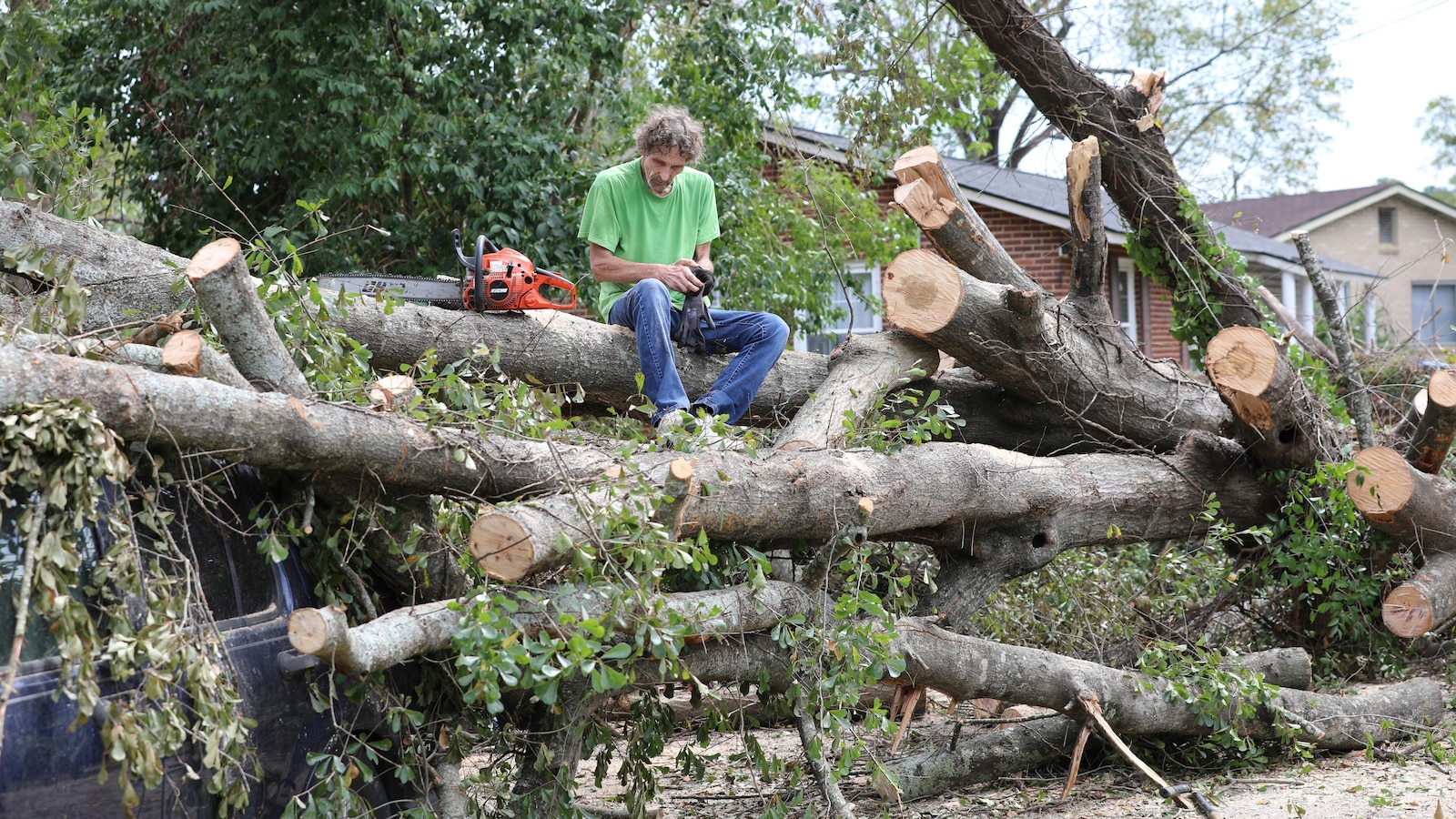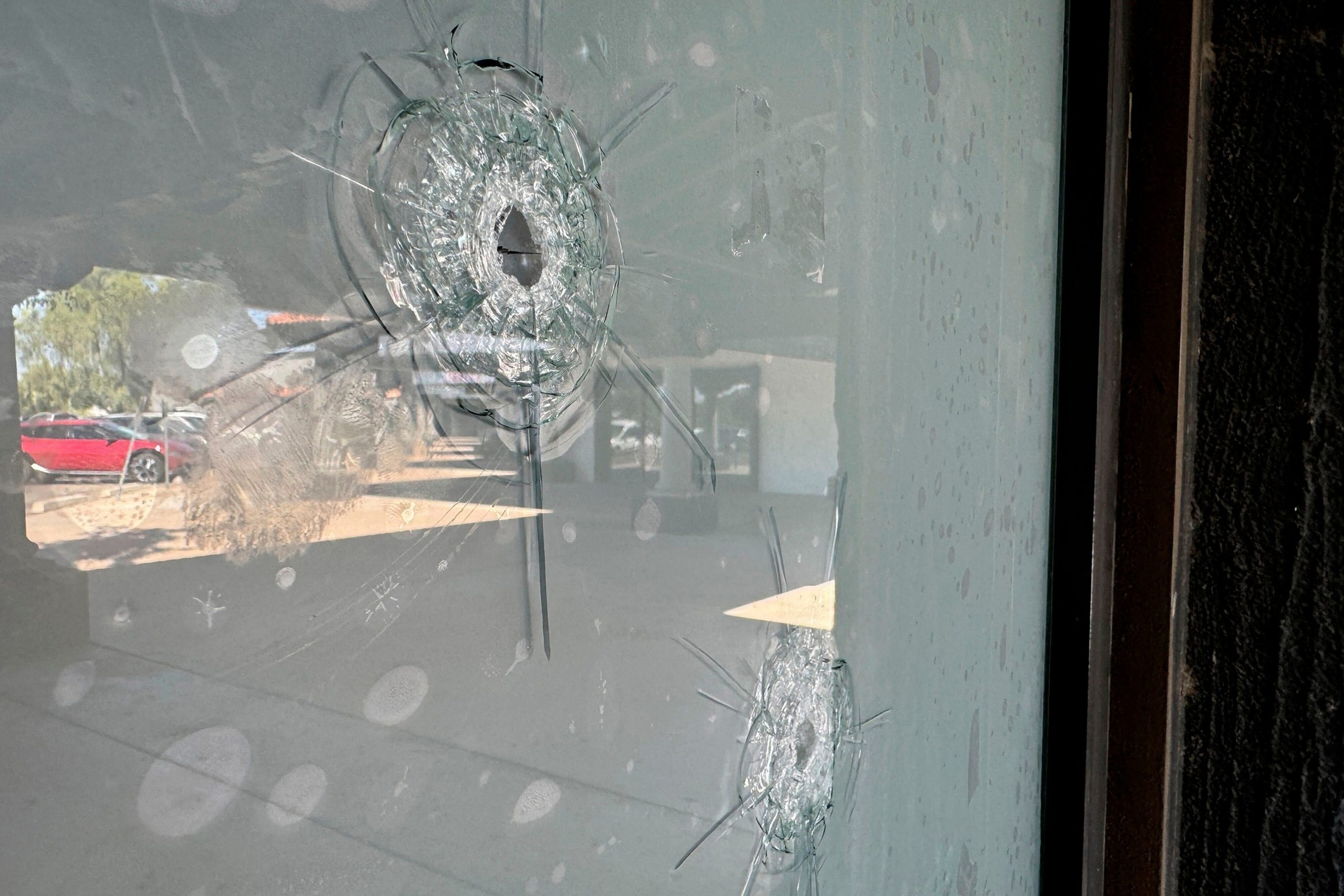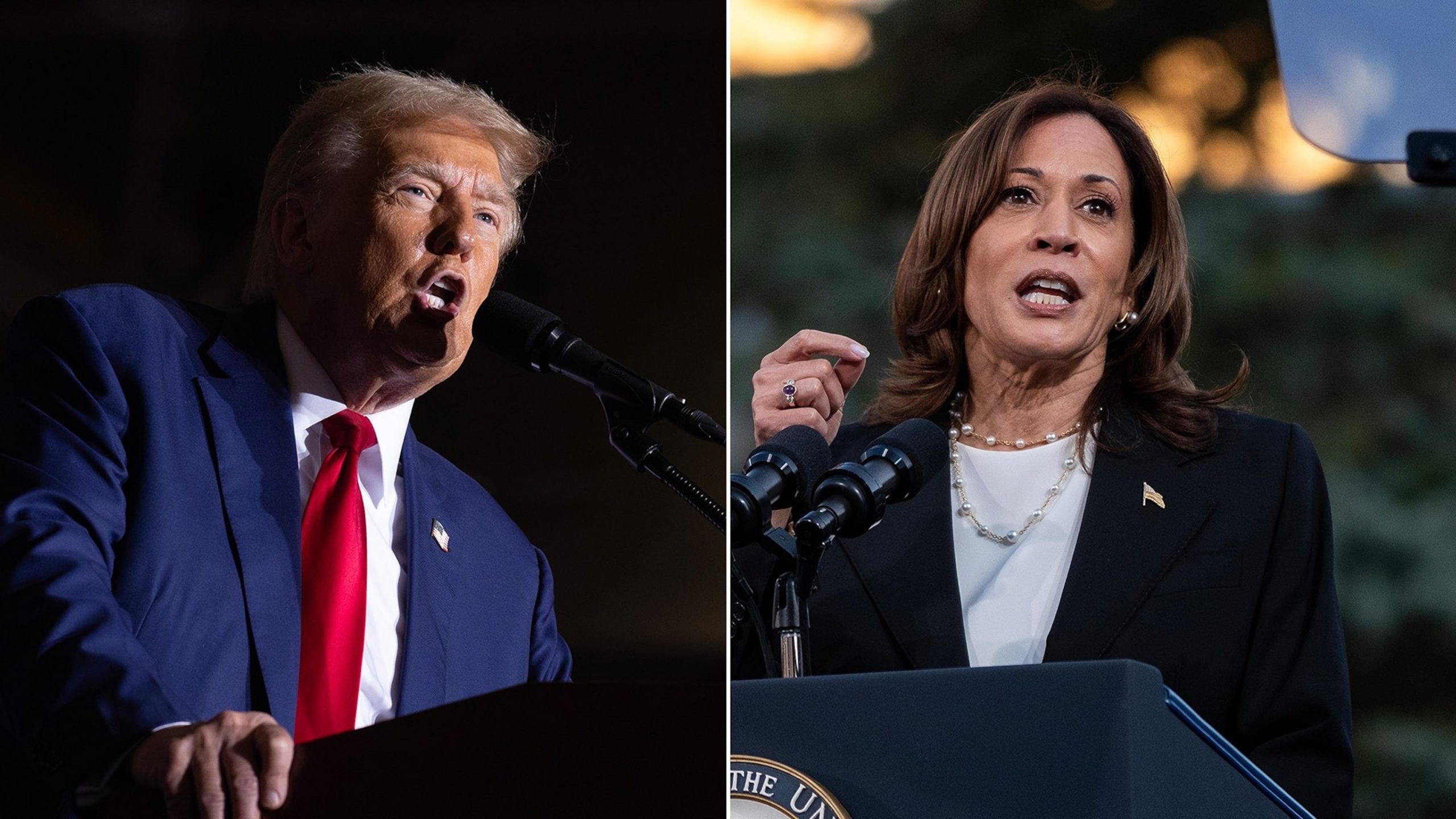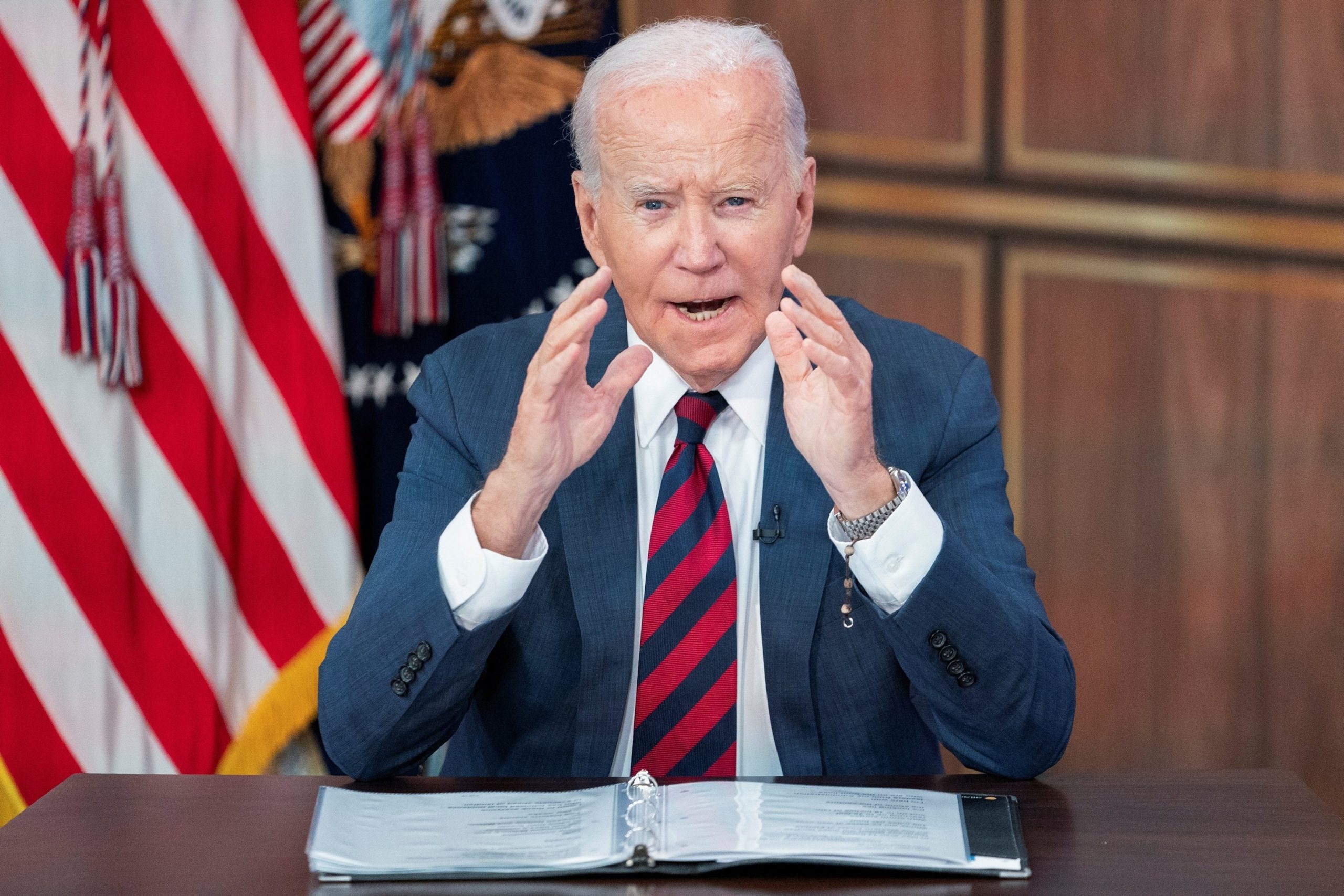
ATLANTA — At least for now, a federal judge won’t order the state of Georgia to reopen voter registration for November’s elections.
U.S. District Judge Eleanor Ross ruled after a Wednesday hearing that three voting rights groups haven’t yet done enough to prove that damage and disruptions from Hurricane Helene unfairly deprived people of the opportunity to register last week. Monday was Georgia’s registration deadline. Instead, Ross set another hearing for Thursday to consider more evidence and legal arguments.
Ross questioned whether the groups proved they suffered injuries, noting the plaintiffs haven’t yet produced a single person who says they were unable to register to vote because of the storm.
“You didn’t bring me close enough to see the injury,” Ross said in denying the plaintiffs’ request.
State officials and the state Republican Party argue it would be a heavy burden on counties to order them to register additional voters as they prepare for early in-person voting to begin next Tuesday.
The lawsuit was filed by the Georgia conference of the NAACP, the Georgia Coalition for the People’s Agenda and the New Georgia Project. All three groups say they had to cancel voter registration activities last week. Historically, there’s a spike in Georgia voter registrations just before the deadline, the plaintiffs said.
“Because these voters could not register by the Oct. 7 deadline, they will be deprived of the fundamental right to vote,” said Amir Badat, a lawyer from the NAACP Legal Defense and Education Fund who represents the plaintiffs.
Georgia has 8.2 million registered voters, according to online records from Secretary of State Brad Raffensperger’s office. But with Georgia’s presidential race having been decided by only 12,000 votes in 2020, a few thousand votes could make a difference in whether Republican Donald Trump or Democrat Kamala Harris wins the state’s 16 electoral votes.
The groups say the storm kept people from registering online because of widespread power and internet outages and kept people from registering in person because at least 37 county election offices were closed for parts of last week. They also note mail service was suspended for a time in 27 counties, including the cities of Augusta, Savannah, Statesboro, Dublin and Vidalia.
Closed offices and delayed mail are especially important for people who don’t have state identification cards and must register in person or by mail, said Julie Houk of the Lawyers Committee for Civil Rights Under Law.
Houk said county elections offices understandably closed for the hurricane despite state law requiring them to be open.
“On the other hand, the state wants to strictly construe its deadline against people who will lose the fundamental right to vote,” she said.
Senior Assistant Attorney General Elizabeth Young said a recent U.S. Supreme Court case limits the ability of associations to bring these kind of lawsuits. She also argued the plaintiffs should be suing county election officials since they have the primary responsibility to process voter registration applications. She said neither Raffensperger nor Gov. Brian Kemp, the named defendants, have the power to extend voter registration deadlines.
Young said the voting rights groups and anyone who wanted to register were hurt by the hurricane, not by government action.
“They have not identified a single plaintiff they claim has been harmed by the failure to register to vote,” she said, adding that counties “do not need this additional burden placed on them.”
Young and Brad Carver, a lawyer for the state and national Republican Party, both argued that people could have registered earlier.
“We must point out that the registration period had been open for a very long time,” Carver said. “This court must consider that people could have registered for many, many months.”
A federal judge in Florida denied a request to reopen voter registration in that state after hearing arguments Wednesday. The plaintiffs are considering whether to appeal. The lawsuit brought by the Florida chapters of the League of Women Voters and NAACP contends that thousands of people may have missed the registration deadline because they were recovering from Helene or preparing to evacuate from Milton.
A court in South Carolina extended that state’s registration deadline after Helene, and courts in Georgia and Florida did extend registration deadlines after 2016’s Hurricane Matthew. In North Carolina, which was more heavily impacted by Hurricane Helene, the registration deadline isn’t until Friday. Voters there can also register and cast a ballot simultaneously during the state’s early in-person voting period, which runs from Oct. 17 through Nov. 2.
A federal judge in Georgia is set to review additional evidence on the potential reopening of voter registration in the state. This comes after a lawsuit was filed by voting rights advocates who argue that thousands of eligible voters may have been disenfranchised due to issues with the state’s voter registration system.
The lawsuit, filed in the U.S. District Court for the Northern District of Georgia, alleges that the state’s online voter registration system was plagued with technical glitches and other problems that prevented some eligible voters from registering to vote in time for the upcoming election. The plaintiffs are seeking to have the voter registration deadline extended to allow these individuals to register and participate in the election.
The judge overseeing the case has already ruled in favor of the plaintiffs on an initial motion, ordering the state to provide additional evidence on the extent of the problems with the voter registration system. The state has argued that there is no need to reopen voter registration, as there are other avenues for eligible voters to register, such as in-person registration at county election offices.
However, voting rights advocates argue that these alternative methods are not sufficient to address the issues with the online voter registration system, which they claim disproportionately affect minority and low-income voters. They point to data showing that a significant number of eligible voters attempted to register online but were unable to do so due to technical problems.
The outcome of this case could have significant implications for the upcoming election in Georgia, which is expected to be closely contested. With voter turnout expected to be high, any barriers to voter registration could potentially impact the outcome of the election.
Ultimately, the decision on whether to reopen voter registration will rest with the federal judge overseeing the case. It remains to be seen what additional evidence will be presented and how it will influence the judge’s ruling. In the meantime, voting rights advocates continue to push for greater access to the ballot box for all eligible voters in Georgia.


